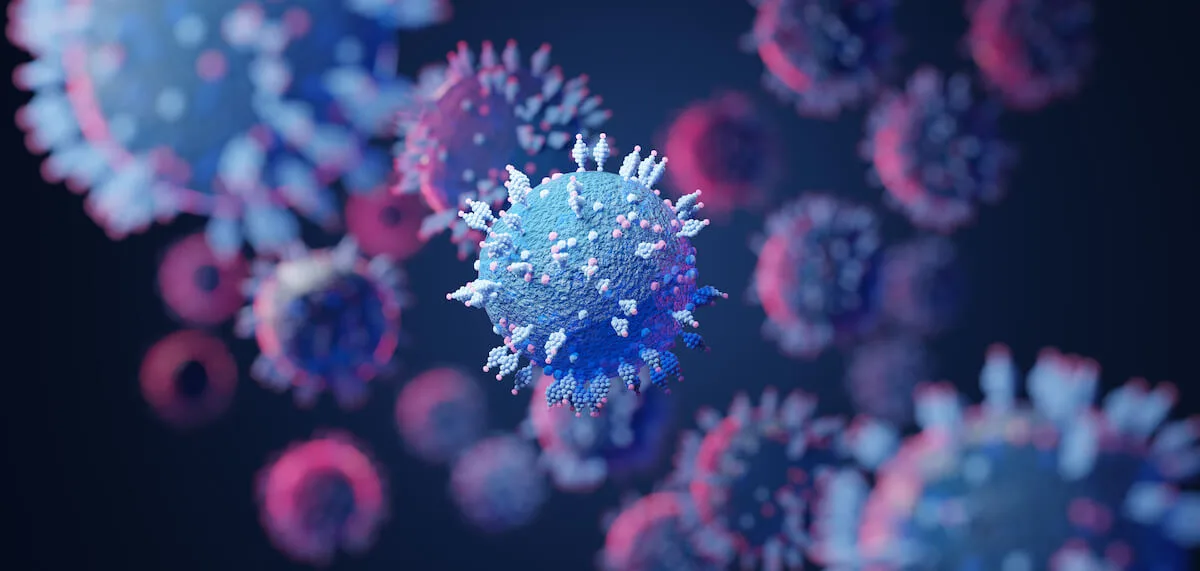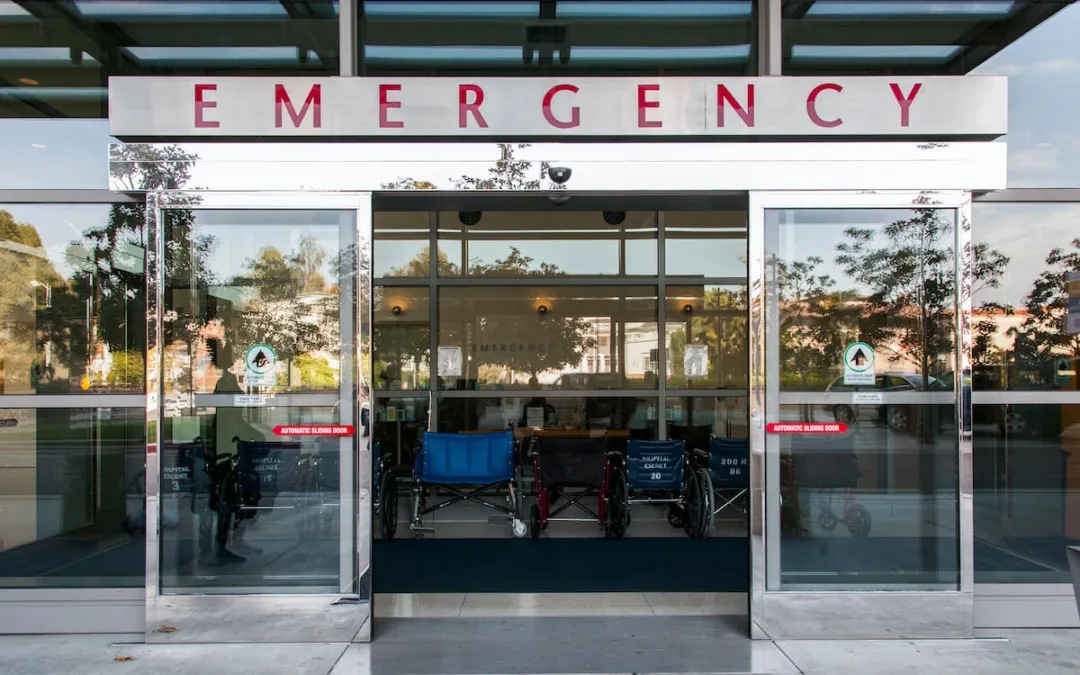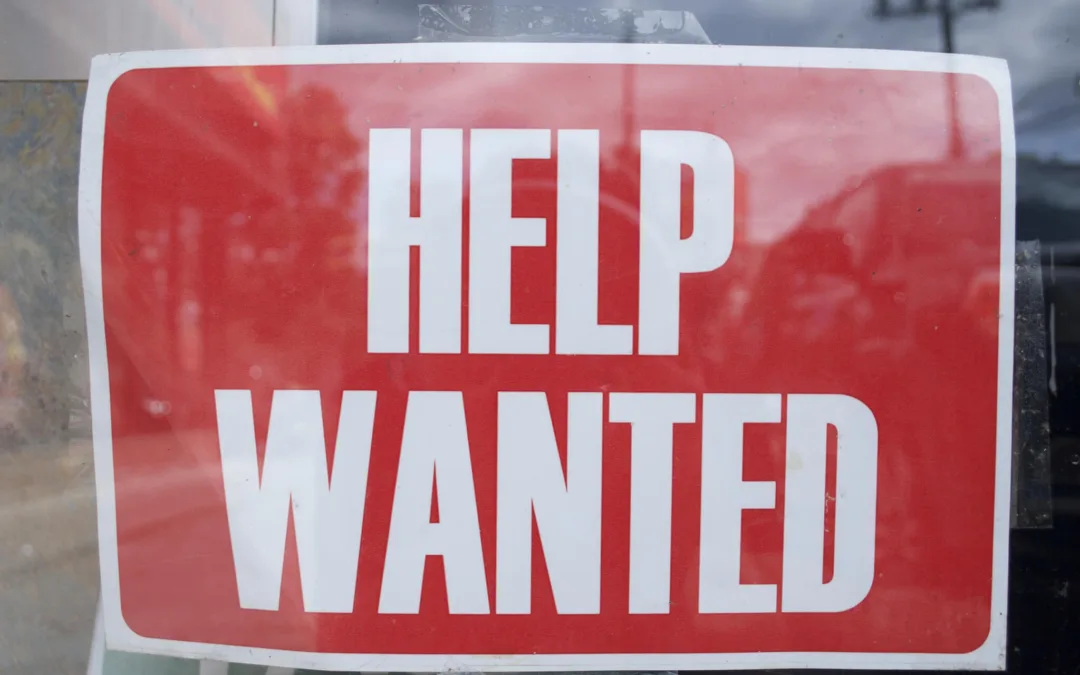
#image_title
#image_title
Volunteers bring aid to the disabled, non-drivers, and those living paycheck to paycheck who just lost their paycheck
Melissa Janssen packed one small brown paper bag filled with food, and then another into a plastic container, then strode across a pothole-ridden driveway before climbing the steps onto a porch.
She knocked on the door, said “hello,” and placed the bag packed with food on the porch. A woman opened the door, greeted Janssen warmly, and thanked her for the food before bringing the bag inside.
Janssen repeated the food delivery process a few minutes later during a brisk Friday noon hour in Eau Claire, taking care not to have close contact because of COVID-19 concerns. Among her stops was the mobile home of Cassie Townsend, whose school-age daughter greeted Janssen before she reached the door.
“Hi there. Thank you for doing this,” Townsend told Janssen, who was already headed back to her vehicle to bring the next food bag to another trailer park resident with school-age children.
Janssen’s food deliveries to Maples Mobile Home Park and other Eau Claire locations were an effort to ensure that parents and their school-age children without access to transportation could participate in a meals program overseen by the Eau Claire school district that is providing food to school families while school is out.
On March 13 Evers ordered Wisconsin schools closed to prevent the spread of COVID-19. The suspension has been extended to an indefinite time.
When schools were closed and Eau Claire school district officials announced the meal distribution program, Janssen realized some in the community with school students would not be able to access the free food. She lives only a couple of blocks from Maples Mobile Home Park, home to dilapidated housing that is among the worst in Eau Claire.
“Some of the people who live here can’t afford a car or don’t have access to transportation,” Janssen said as she grabbed two more bags containing breakfast and lunch meals to deliver to another home. “I felt like I had to do something to help.”
Social services agencies and others across Wisconsin report that poor and vulnerable populations in the state and nation, like Maples Mobile Home Park residents, likely will be among the hardest hit by COVID-19 concerns that have brought activities in Wisconsin and around the world to a screeching halt.
From lost jobs for people struggling to live paycheck to paycheck, to an inability to access food and other supplies, people with physical or cognitive disabilities and those at the bottom of the economic ladder may be hardest hit if COVID-19 restrictions remain in place for an extended time, advocates said.
The virus impacts virtually everyone and can infect anybody, but its impact will be felt most by poor people in the form of lost jobs and income, reduced economic mobility and the high cost of medical care, according to a statement Thursday by Human Rights Watch, which researches and advocates for human rights.
Milwaukee resident Steven Schultz cares for his 78-year-old mother, Sharon, who lives with him in his apartment. He lost his job cooking food at a restaurant when the governor ordered them closed to inside business, leaving him without a paycheck for now. He said he plans to file for unemployment benefits, but that amount likely won’t be enough for him to pay rent and other bills.
“My mom doesn’t want to be in a nursing home,” Schultz said. “We can’t afford to have her in a good place, and I want to keep her with me. But I don’t know if that will be possible now, because I may not have a place to live.”
People with cognitive and physical disabilities also are deemed to be at greater risk of being impacted by COVID-19, advocates said. Tom Sanford works for the L.E. Phillips Career Development Center in Eau Claire, a nonprofit agency that provides job training and support for that population. He said he is worried about his clients, especially as they lose jobs because of decreased demand for many professions with so many people staying home.
Friday was the last day of work until at least September for Steve, one of Sanford’s clients who is developmentally delayed. Steve works in food service at UW-Eau Claire, Sanford said, and with in-person university classes suspended for the rest of this school year, Steve’s work isn’t needed for now.
“He takes a lot of pride in his job, and I worry what is going to happen to him and others like him without the structure their jobs provide,” Sanford said.
Janssen worries about many people struggling economically who she fears will be especially impacted as COVID-19 restrictions continue. She isn’t alone.

On Wednesday, the first day she began delivering meals to school families in need, she gave out meal packages to four families. A Facebook post about her effort spread the word, and the next day 14 families unable to access the meals received them through Janssen’s effort. On Friday four people helped Janssen deliver food to 28 families.
Among them was Emily Shields, a mother of three who learned that same day that her husband had lost his job cleaning businesses because most have closed because of COVID-19 concerns.
“What’s happening right now is going to impact us pretty hard,” Shields said, “so getting these meals is a big deal to us.”
Many others are in need of a helping hand, especially as COVID-19 concerns continue to change everyday life, Janssen said. The long line of vehicles at Northstar Middle School Friday when Janssen picked up food for delivery is an indicator of that need, she said.
“We all need to be aware that there are so many people out there who don’t have many resources, who need our help,” Janssen said. “We all need to do what we can to help each other, especially now.”
Politics

Biden makes 4 million more workers eligible for overtime pay
The Biden administration announced a new rule Tuesday to expand overtime pay for around 4 million lower-paid salaried employees nationwide. The...

Biden administration bans noncompete clauses for workers
The Federal Trade Commission (FTC) voted on Tuesday to ban noncompete agreements—those pesky clauses that employers often force their workers to...
Local News

Readers Poll: Top Bowling Alleys in Wisconsin
Looking for the best bowling in Wisconsin? Look no further! Our readers have spoken in our recent poll, and we have the inside scoop on the top...

8 Wisconsin restaurants Top Chef judges are raving about
Top Chef’s 21st season is all about Wisconsin, and on-screen, it’s already apparent that the judges feel right at home here. But, while filming in...




